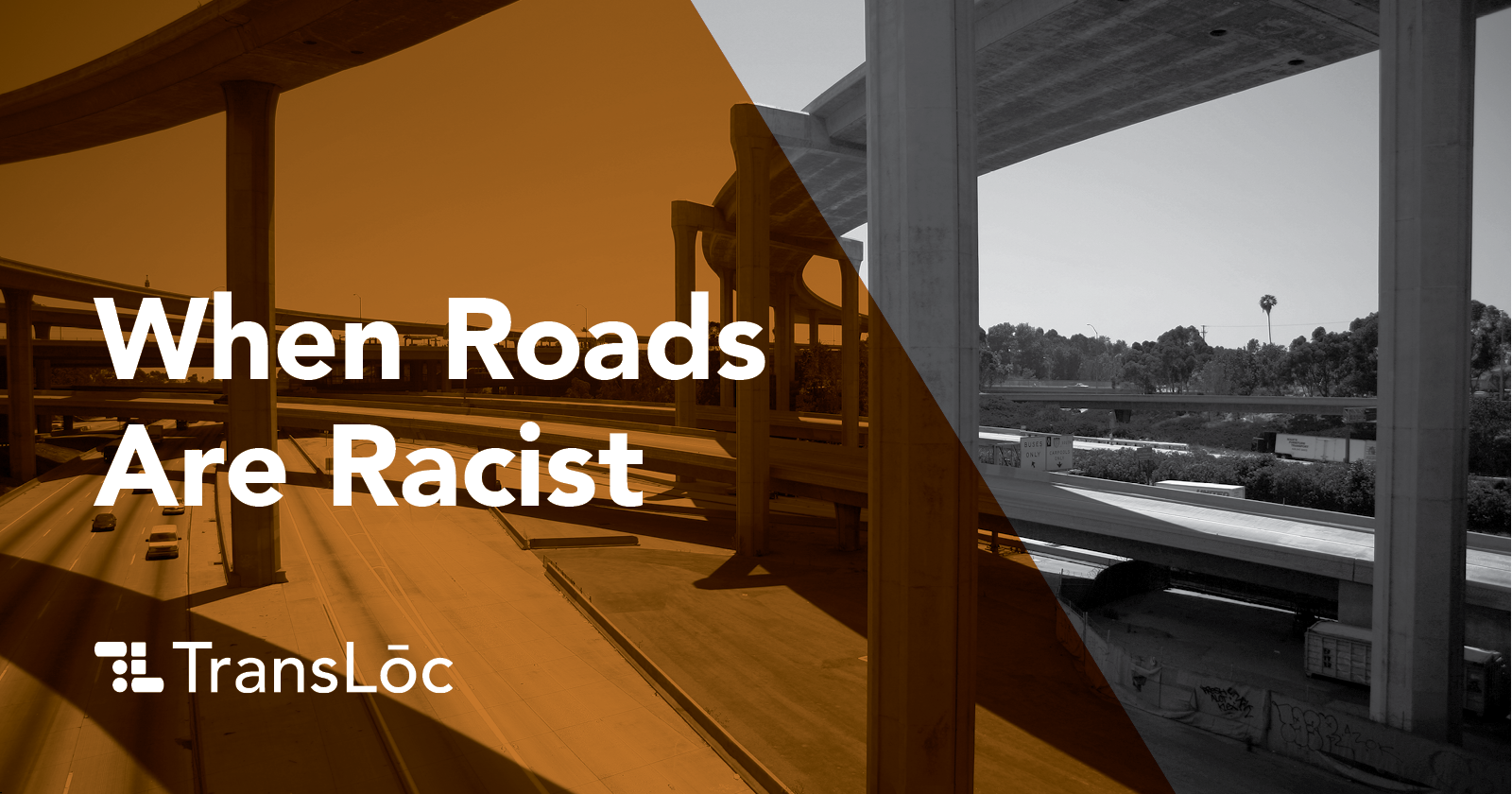
The LA Times published an opinion piece arguing that the freeways of Los Angeles are California’s largest monuments to racism. The author outlines how freeways were intentionally built through Black and Latino communities and even used as fortress-like barriers to maintain racial segregation. It is important to recognize the history of freeway racism, because this legacy is still very much alive today.
One of the most polluted freeway corridors in the United States is the I-710 leading through Los Angeles to Long Beach, the largest port in the country. There are over half a million people living within one mile of the I-710. These areas are predominantly working class communities of color and are exposed to dangerous levels of diesel pollution from the freeway. Due to these high levels of exposure, communities along the I-710 currently have the highest risk for cancer, heart disease, and childhood asthma in the region.
For decades, organizations in the neighborhoods surrounding the I-710 have been advocating for environmental justice solutions to reduce emissions and improve community health. One solution that community groups have promoted is an increased public transit investment along the corridor to connect residents to jobs, healthcare, and education.
Gwinnett County, GA faces similar environmental justice issues to the I-710 corridor. Gwinnett County is home to a majority Black and Latino population experiencing poor air quality and pollution from freeways. While the county suffers from high levels of traffic, public transportation options are few and far between. In 2018, Gwinnett County partnered with TransLoc to create an on-demand, door-to-door microtransit service in a previously underserved area. At first, county planners were unsure how the pilot project would perform, but were pleasantly surprised when the service was routinely carrying 344 passengers each day within the microtransit service area.
Whether in Los Angeles, or Georgia, reducing freeway congestion while investing in on-demand transit options along polluted corridors can improve community health, provide increased access to opportunity, and begin to undo the legacy of transportation racism across the United States. We cannot change the decisions of the past, but there is still time to build a transportation system that promotes health, equity, and access for all. The choice is ours.
Click here to learn more about OnDemand, TransLoc’s demand-response transit for safe ride made simple.